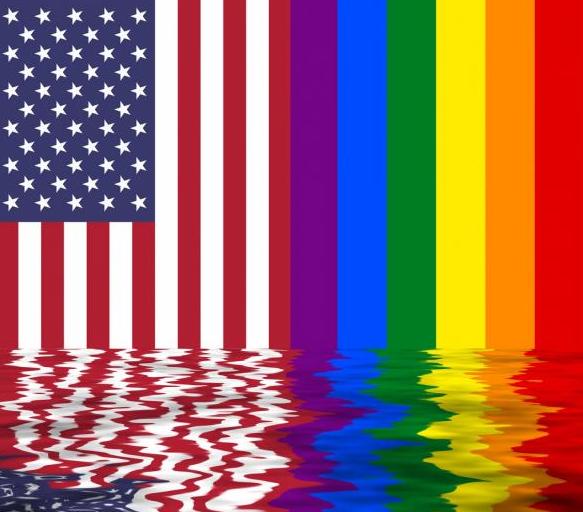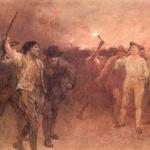
A study of Americans who identify as part of the LGBTQ community reveals some surprises, including how religious they are.
According to the study report, 4%-5% of the population belongs to this category. Of these, most are women (55%). Only 41% are men, with 4-5% claiming one of the “non-binary” sexes. Only 51 of the 880 people surveyed said they were transgendered, which comes out to just over 5%.
As for age, 34% are 18-29, with 23% aged 30-39.
Now that same-sex marriage has been legalized, it’s interesting to see that 22% are already married and an additional 39% want to get married. But 44% do not want to have children. (Among gay men the percentage is 55%.) The percentage of those who do is 38%, with 18% being “not sure.”
A major finding of the study is that nearly half–46%–of those who identify as LGBTQ are bisexual. Only 32% are gay, and an even smaller percentage of 16% are lesbians.
This raises an important question: If someone is bisexual, feeling attracted to both sexes, can’t he or she be encouraged to marry someone of the opposite sex? And live faithfully with that spouse? Subsequently feeling attracted to someone of the same sex would then be no different than a spouse feeling attracted to someone of the opposite sex, impulses not to be acted upon to avoid committing adultery.
Shouldn’t bisexuals be considered heterosexuals who sometimes feel same-sex attraction, rather than belonging to the category of the exclusively homosexual, whose numbers would then be half as small?
Another surprise is that the majority of LGBTQs are religious and practice their religion. Though 39% said they had no religious affiliation, 61% did. And more than half are “regularly involved in faith organizations.” I suspect that is a greater proportion that go to church than would be the case for the population as a whole.
Half of LGBTQs identify as Christians (23% Protestant; 18% Catholic; 8% other Christian), with 4% being Jewish; 3% being Buddhist; 1% being Muslim; and 5% being “not sure.”
Such religiosity was unexpected to most experts. Said one activist quoted in the story linked above, “That is very surprising to me, because in my experience working with the LGBTQ community in the church, is that many of them have either left a long time ago or were exiled.”
The story goes on to interview members of the “community” that have been welcomed into liberal denominations, including some who went on to study Queer Theology in seminaries and to become ordained ministers. This no doubt accounts for some of the church-involvement the study uncovers, but I don’t think it accounts for all of it.
That those who work with LGBTQ folks are surprised to learn how religious they are suggests that many of them are not open about their religious beliefs, at least to the “community.” Perhaps, having come out as LGBTQ, they are now closeted when it comes to their faith.
But the large number of the religiously-inclined in these categories should not be all that surprising, at least for Christians.
As Jesus told the Pharisees who were objecting to His associating with sinners, “Those who are well have no need of a physician, but those who are sick. Go and learn what this means: ‘I desire mercy, and not sacrifice.’ For I came not to call the righteous, but sinners” (Matthew 9:12-13).
Photo via PublicDomainPictures.Net. CC0. Public Domain













